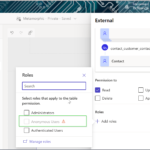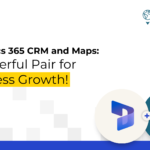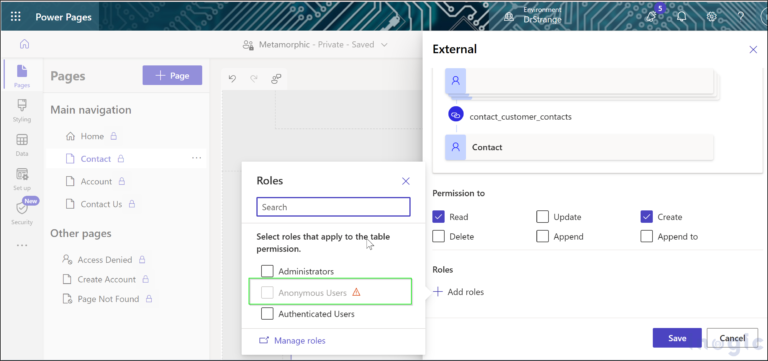Salesforce Experience Cloud provides a powerful platform for building engaging online spaces for various business purposes. However, it’s crucial to ensure that your community is easily discoverable by search engines. In this article, we’ll explore the world of SEO for Salesforce Experience Cloud sites and share some top-notch strategies to make your site shine in search engine results.
Salesforce Experience Cloud SEO: What You Need to Know
Public Sites
SEO is supported on production orgs for Experience Cloud sites that are public or have public pages. It’s important to note that SEO isn’t available on Developer Edition, sandbox, or trial orgs. Once you make your site public, search engines can start indexing its public pages, and you can access the SEO settings tab in Experience Builder for further optimization.
Experience Cloud Site URL
For search engines like Google and Bing to find your site, it needs to be at the root level. If your site has a URL prefix, create a root site and submit the sitemap accordingly. This is essential for proper indexing. A root-level site’s address format is https://site_URL.
The Robots.txt File
The robots.txt file guides search engine spiders and bots on which parts of your site to index. It’s generated automatically and allows your entire site to be indexed. Check this file to make sure it aligns with your SEO goals.
Content Indexing
The sitemap.xml file lists public pages and objects with read access in the guest user profile. Search engines use it as a starting point to discover and index important content on your site. To include your Knowledge articles in the sitemap, assign at least one navigational, featured, or content topic to each article.
Page Indexing
Once your site is public, search engines can index its pages. You can also make specific pages private, use the noindex meta tag, or create a custom robots.txt file to control page visibility on search engines. Remember that objects displayed on a page are private by default.
Don’t forget to check out: 5 Features in Salesforce’s Winter ’24 Release for the Experience Cloud
SEO Best Practices for Salesforce Experience Cloud Communities
Now that you have the basics, let’s delve into some best practices to enhance SEO in your Salesforce Experience Cloud community:
- Ensure your site is at the root level for better search engine visibility.
- Assign relevant topics to Knowledge articles to improve their visibility in search results.
- Keep the same URL as the base language article for multilingual Knowledge articles.
- Craft descriptive titles and meta descriptions to improve search results and help users find the information they need.
- Maintain clean and readable URLs, avoiding non-standard pages with query string parameters for better crawlability.
- When creating custom components, use lightning:navigation for Aura components and lightning-navigation for Lightning web components to generate proper links.
- Set up 301 redirects if needed to ensure users and search engines are directed to the correct page.
- Use <link rel=”canonical”> canonical tags to indicate duplicate pages and guide search engines to the canonical version.
- Avoid creating custom sitemaps for LWR or Aura sites, and ensure your robots.txt file includes the paths to all sitemaps for the domain.
- Regularly review and update object and record access to control the scope of your sitemap and ensure data security.
![]() Check out another amazing blog here by Advanced Communities: Experience Builder: Unlocking the Potential of Salesforce Experience Cloud
Check out another amazing blog here by Advanced Communities: Experience Builder: Unlocking the Potential of Salesforce Experience Cloud
In Conclusion
Optimizing your Salesforce Experience Cloud site for search engines is a vital step in improving your online presence. By following these SEO strategies and best practices, you can increase your site’s visibility, making it easier for customers, partners, and visitors to discover your valuable content and services through online search.
For all your Experience Cloud implementation and configuration needs, the Advanced Communities team is here to help. As an official Salesforce SI and ISV partner, we possess the expertise to create engaging portals on Salesforce and deliver impactful Salesforce-native solutions for your Experience Cloud success!











